Dog / Detail
Zoonotic Diseases: The Unseen Bond Between Humans and Dogs
Jonathan Bennet | 15 August 2024 | 16:05
Dogs, often referred to as "man's best friend," have been cherished companions for centuries. Their loyalty, affection, and playful nature make them invaluable members of many families.
However, while the bond between humans and dogs is undeniably strong, it's essential to be aware of the potential health risks that can be shared between the two species.

Now we will delve into some of the most common zoonotic diseases that can infect dogs and the measures you can take to protect both yourself and your furry friend.
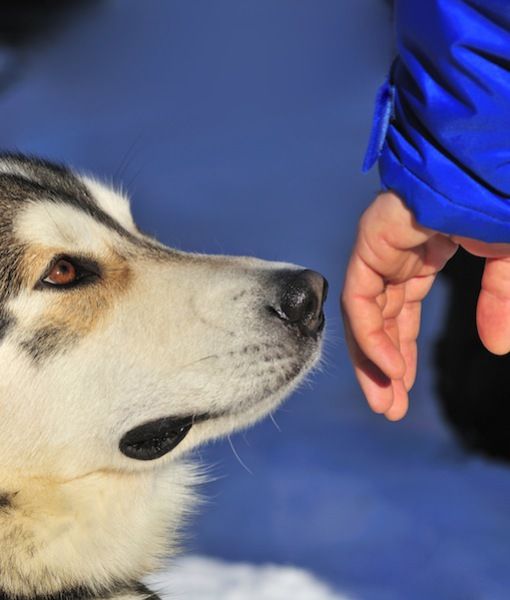
Zoonotic diseases are a diverse group of illnesses caused by various pathogens, including bacteria, viruses, parasites, and fungi. These diseases can be transmitted through direct contact with infected animals, their bodily fluids, or contaminated environments.
While not all interactions with dogs pose a health risk, it's crucial to be informed about the potential dangers to safeguard your well-being.
Common Zoonotic Diseases Affecting Dogs
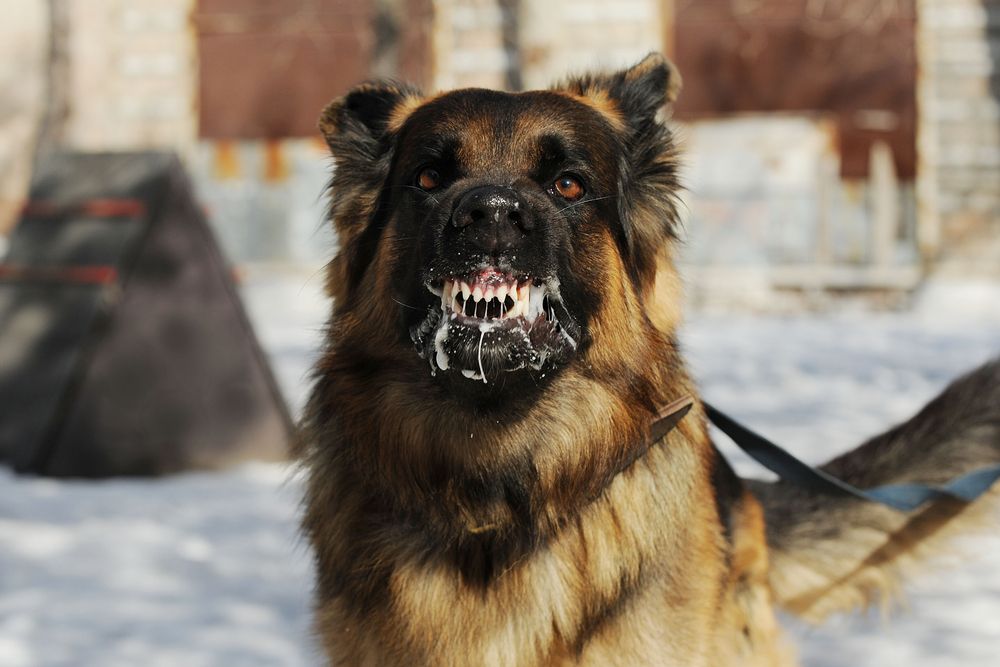
- One of the most well-known and deadly zoonotic diseases, rabies is a viral infection that attacks the central nervous system.
- Transmission occurs through a bite or scratch from an infected animal, including dogs, cats, bats, and raccoons.
- Symptoms in humans include fever, headache, nausea, vomiting, agitation, anxiety, confusion, and partial paralysis.
- Prevention is key through vaccination for both dogs and humans.

- This bacterial infection is commonly found in the intestines of animals, including dogs.
- Transmission occurs through direct contact with infected feces, contaminated food or water, or by consuming undercooked meat or eggs.
- Symptoms in humans include diarrhea, fever, abdominal cramps, nausea, vomiting, and headache.
- Proper hygiene, including thorough handwashing after handling pets or their waste, is essential to prevent infection.

- Another bacterial infection, campylobacter, is often found in the intestines of animals, including dogs.
- Transmission occurs through contact with infected feces, contaminated food or water, or by consuming undercooked poultry or meat.
- Symptoms in humans include diarrhea, abdominal cramps, fever, and sometimes vomiting and bloody stool.
- Good hygiene practices, including proper food handling and cooking, are crucial for prevention.
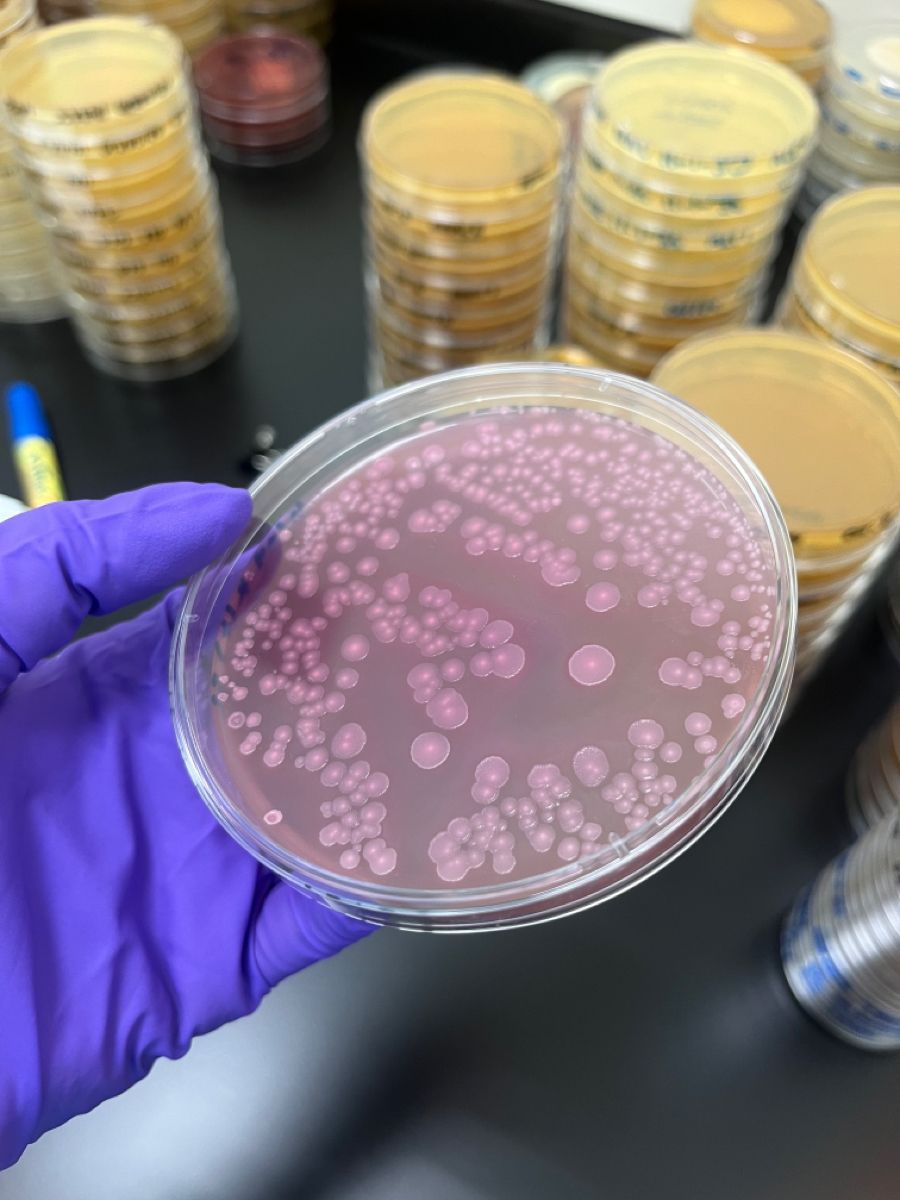
- E. coli is a bacterium that can cause various illnesses, including urinary tract infections, diarrhea, and pneumonia.
- Transmission occurs through contact with infected feces, contaminated food or water, or by consuming undercooked meat.
- Symptoms in humans vary depending on the type of E. coli infection but can include diarrhea, abdominal cramps, fever, and bloody stool.
- Proper hygiene and food safety practices are essential to prevent infection.

- While not a worm, ringworm is a fungal infection that can affect the skin, hair, and nails of both humans and animals.
- Transmission occurs through direct contact with infected animals, their hair, or contaminated objects.
- Symptoms in humans include a red, itchy rash with a circular appearance. Treatment involves antifungal medications.

- Several parasites can be transmitted between dogs and humans, including roundworms, hookworms, and giardia.
- Transmission occurs through contact with infected feces, contaminated soil, or water.
- Symptoms in humans vary depending on the parasite but can include abdominal pain, diarrhea, nausea, and weight loss.
- Regular deworming of dogs and proper hygiene practices are essential for prevention.
Protecting Yourself and Your Dog
- Vaccinations: Ensure your dog is up-to-date on all recommended vaccinations, including rabies.
- Hygiene: Wash your hands thoroughly with soap and water after handling your dog, their toys, or their waste.
- Parasite Prevention: Regularly administer flea, tick, and heartworm prevention medication as prescribed by your veterinarian.
- Proper Waste Disposal: Always clean up after your dog and dispose of their waste properly.
Regular Veterinary Care: Schedule regular check-ups for your dog to monitor their health and identify any potential problems early on. - Education: Learn about the signs and symptoms of common zoonotic diseases in both humans and dogs.
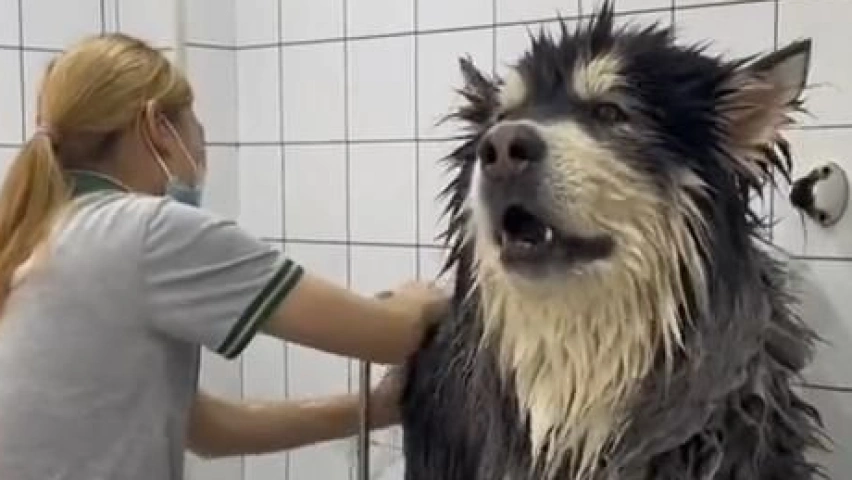
Remember, most dogs are healthy and pose no threat to human health. However, being informed and taking preventive measures is essential for maintaining a safe and harmonious relationship with your furry friend.
Related
-
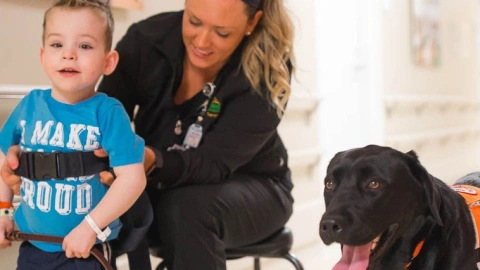
The Healing Power of Dogs: How Canine Therapy is Revolutionizing Mental Health and Boosting Positive Energy in Humans
Dog14 November 2024
-

A Pawsitive History: Dogs of Nuremberg
Dog09 November 2024
-

The Role of Oxytocin in the Human-Dog Bond: The Science Behind Our Deep Connection
Dog06 November 2024
-

Beyond the Beach: Jamaica's Dog Lovers
Dog29 October 2024
-

A Dog's Delights: Homemade Snacks for Our Furry Babies, Recipes Included!
Dog29 October 2024
-

A Dog's Disorientation: Understanding Your Dogs' Wanderlust
Dog29 October 2024
Popular
-

-

A Pawsitive History: Dogs of Nuremberg
09 November 2024 -

-

Beyond the Beach: Jamaica's Dog Lovers
29 October 2024 -
